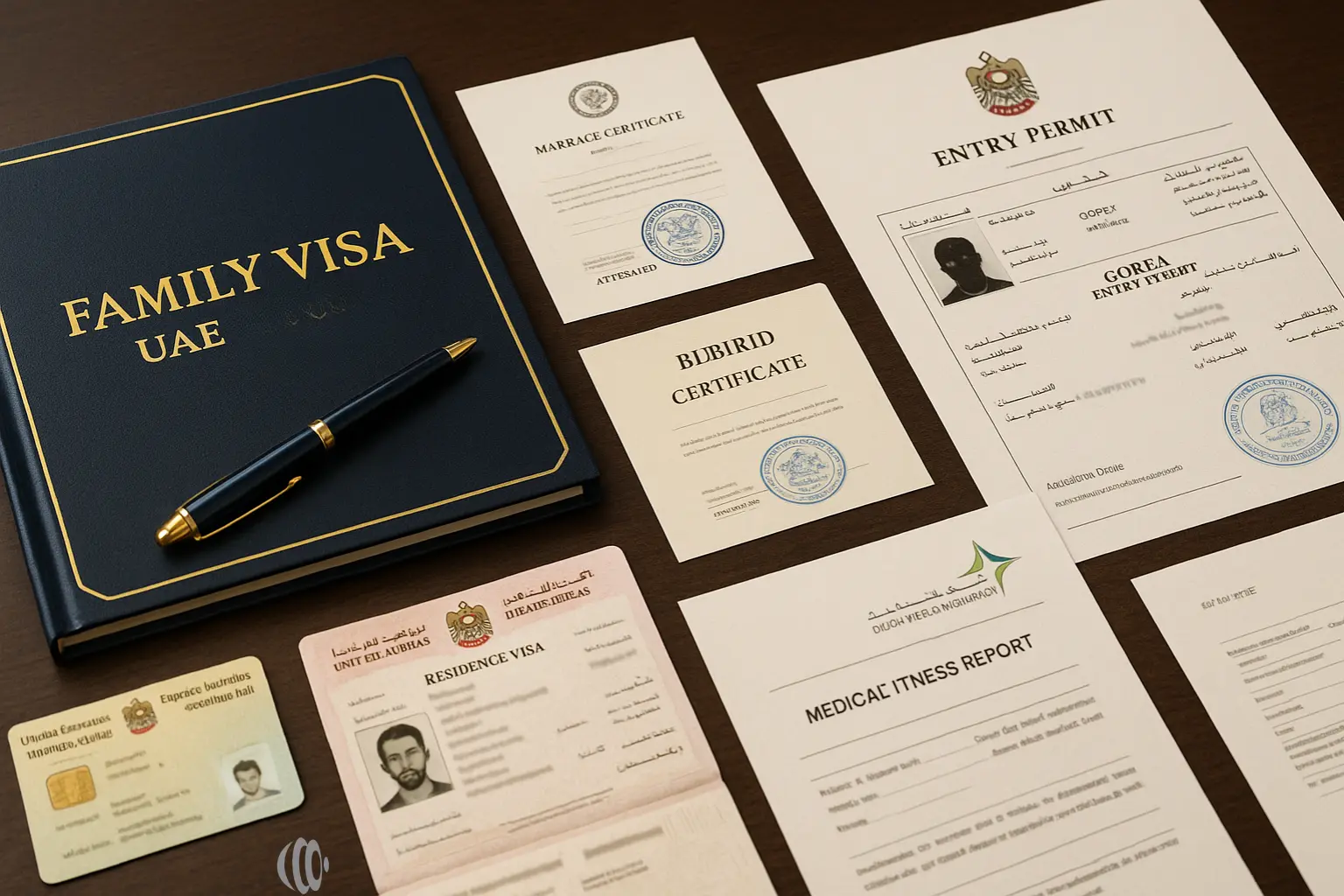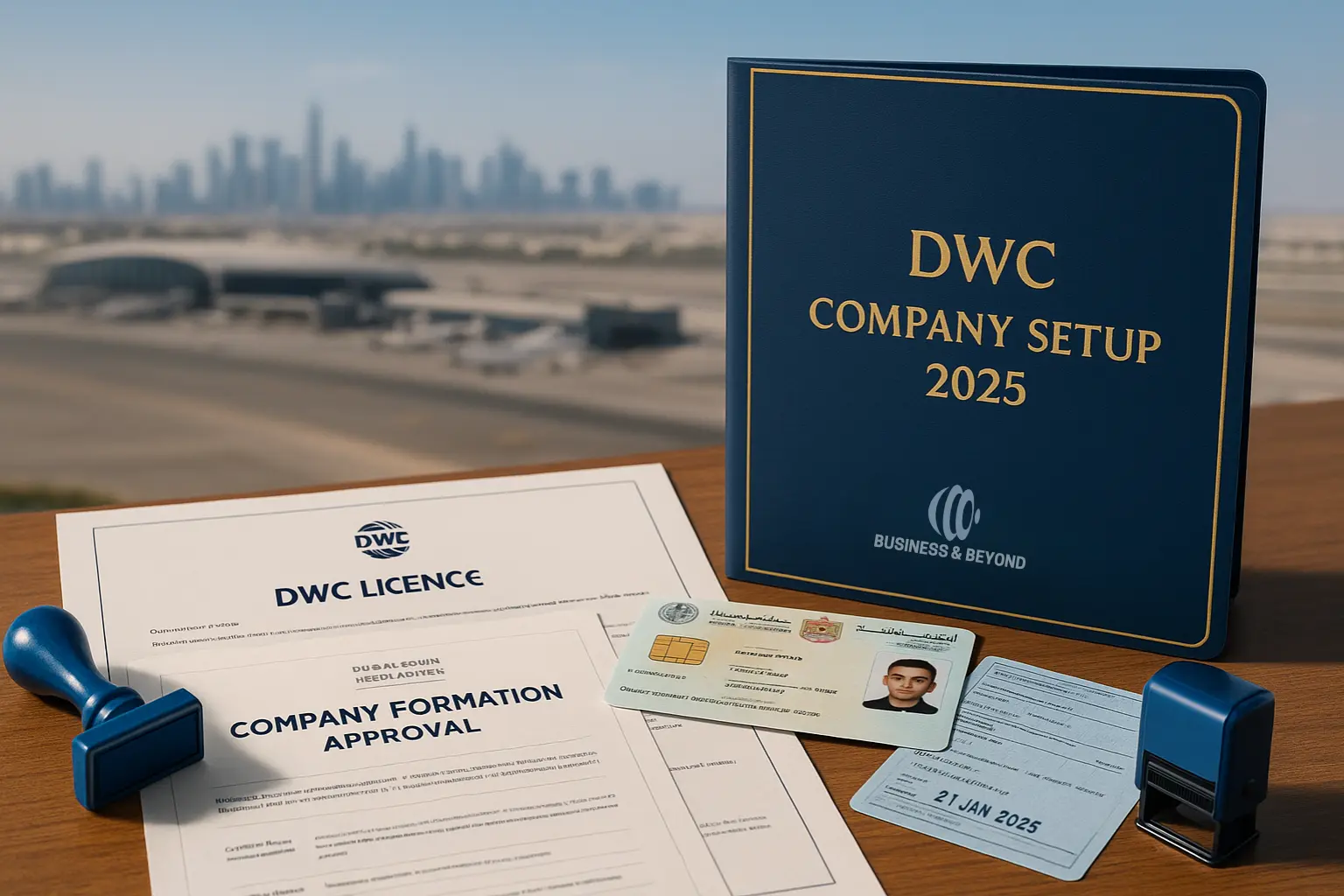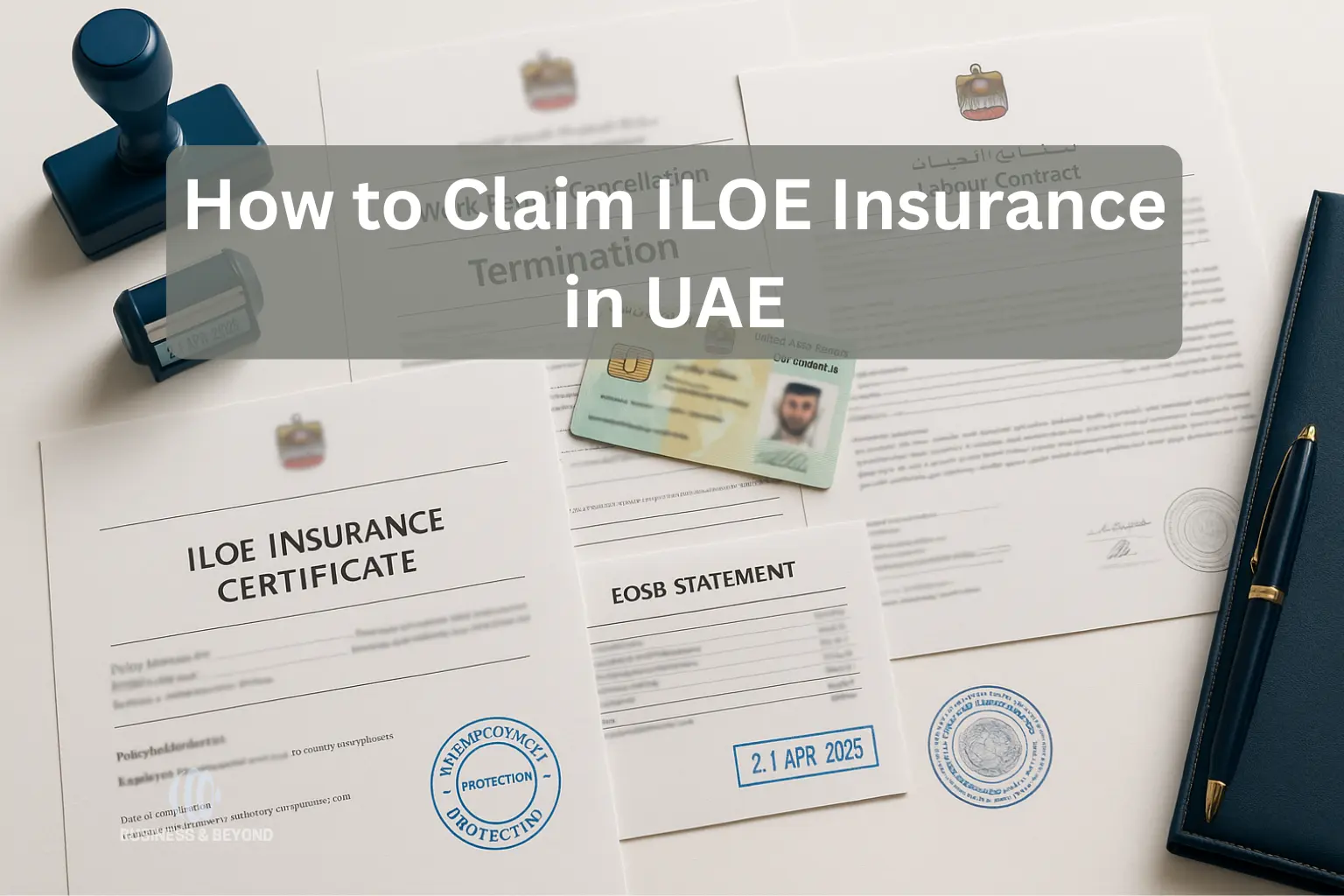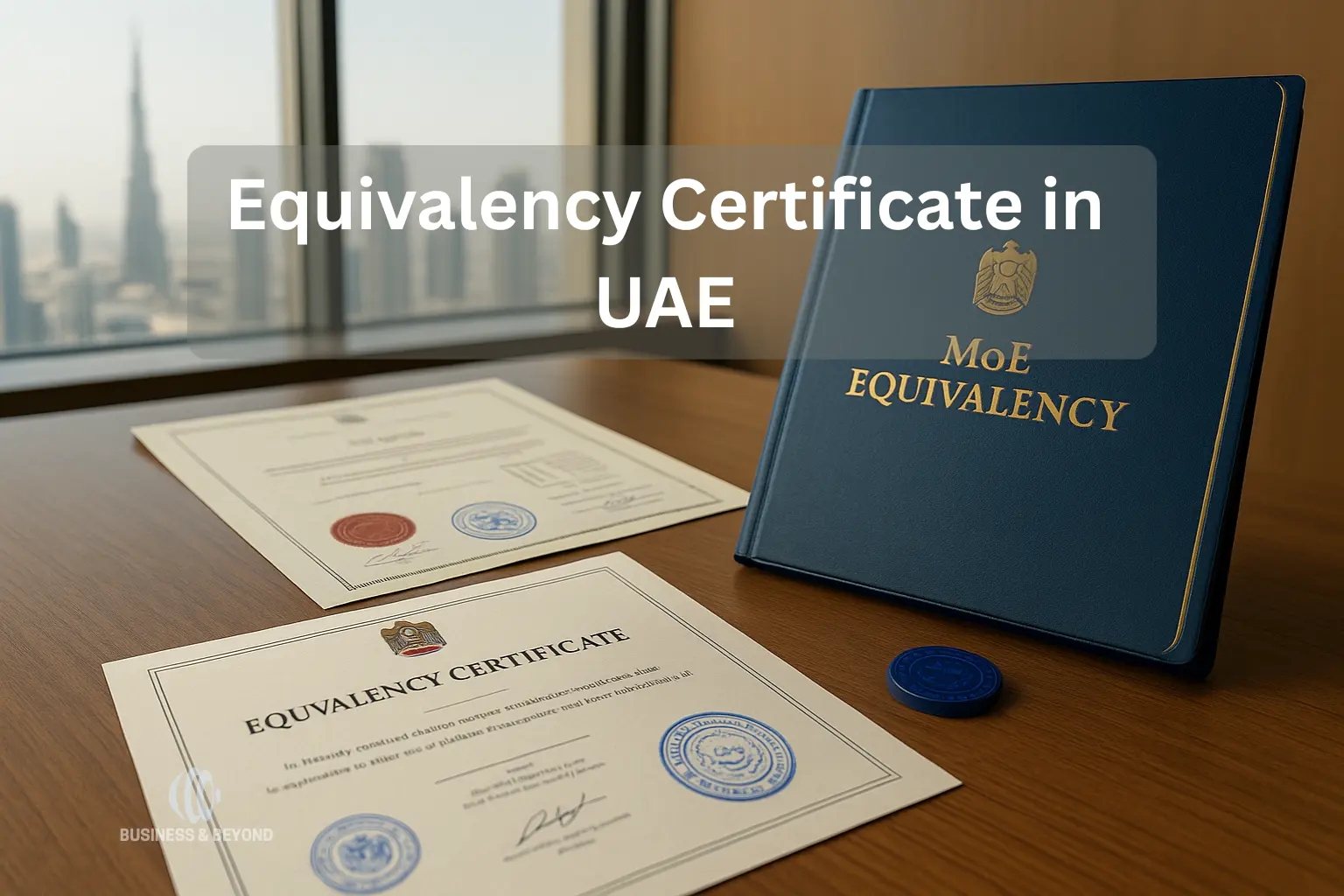
- Mon-Fri 8:00 am-6:00 pm
- +971554475703
- info@businessandbeyond.ae
Uncategorized
Categories
- admin
- No Comments
How to Start a Digital Marketing Agency in Dubai (2026 Guide): Licence, Costs, Mainland vs Free Zone & Compliance
How to Start a Digital Marketing Agency in Dubai (2026 Guide): Licence, Costs, Mainland vs Free Zone & Compliance Dubai has emerged as one of the most attractive global hubs for digital marketing businesses. With its business-friendly regulatory framework, 100% foreign ownership, world-class infrastructure, and access to both regional and international markets, the UAE offers […]
- admin
- No Comments
How to Start an E-Commerce Business in Dubai, UAE (2026 Legal & Tax-Ready Guide)
How to Start an E-Commerce Business in Dubai, UAE Dubai has rapidly evolved into one of the most attractive global hubs for e-commerce. With world-class logistics infrastructure, a digital-first government, zero personal income tax, and access to regional and international markets, the UAE offers a powerful platform for online businesses. However, starting an e-commerce business […]
- admin
- No Comments
10 Profitable Online Business Ideas in Dubai & UAE (2026 Guide)
10 Profitable Online Business Ideas in Dubai & UAE (2026 Guide) Licensing, Costs, Compliance & Expert Setup Insights The UAE continues to be one of the world’s most attractive markets for online and digital businesses, thanks to world-class infrastructure, tax efficiency, digital-first regulations, and access to regional and global customers. However, in 2026, success is […]
- admin
- No Comments
How to Open a Corporate Bank Account in Dubai (Mainland, Free Zone & Offshore)
How to Open a Corporate Bank Account in Dubai (Mainland, Free Zone & Offshore) By Business & Beyond Consulting LLC FZ — UAE Business Banking & Compliance Experts Opening a corporate bank account in Dubai is one of the most critical steps for any new company—whether you’re setting up in Mainland, a Free Zone, or […]
- admin
- No Comments
Construction Company Setup in Dubai – Licence, Costs, Approvals & Tax
Construction Company Setup in Dubai Dubai’s construction sector is still booming in 2025 – from mega master communities and new logistics hubs to endless villa, tower and fit-out projects. If you’re an engineer, contractor, project manager or investor, setting up a construction company in Dubai can be highly profitable – provided you choose the right […]
- admin
- No Comments
How to Open a Grocery Store in Dubai — Complete Step-by-Step Guide, Costs, Requirements & Profitability
How to Open a Grocery Store in Dubai Dubai’s fast-growing residential communities, diverse expat population, and high daily consumer spending make grocery stores — often called baqalas — one of the most stable and profitable small businesses in the UAE. Whether you plan to open a neighbourhood convenience store, a speciality organic grocery, or a […]
- admin
- No Comments
UAE Family Visa: Complete Guide to Sponsoring Your Spouse, Children & Parents (Rules, Costs & Documents)
By Business & Beyond Consulting LLC FZ – UAE Immigration & PRO Experts The UAE remains one of the most attractive places for expatriates to build a successful career and a secure family life. With updated residency regulations, more flexible sponsorship rules, and an increasing emphasis on family stability, getting a family visa in the […]
- admin
- No Comments
DWC Free Zone (Dubai World Central) Company Setup — Complete Guide for Investors, Startups & Global Businesses
Dubai World Central (DWC), also known as Dubai South Free Zone, has rapidly emerged as one of the UAE’s most strategic ecosystems for logistics, trading, aviation, e-commerce, and high-growth businesses. Its proximity to Al Maktoum International Airport, integrated infrastructure, and flexible regulatory framework make it one of the most attractive free zones for investors entering […]
- admin
- No Comments
How to Claim ILOE Insurance in UAE (Complete Guide) — Complete, No-Rejection Process Explained
Losing your job unexpectedly can be overwhelming—especially when your financial stability is suddenly at risk. That’s exactly why the UAE introduced ILOE (Involuntary Loss of Employment) Insurance, a mandatory unemployment protection scheme for employees in both the private and federal sectors. But here’s the challenge:Thousands of UAE residents struggle to get their ILOE claims approved […]
- admin
- No Comments
Equivalency Certificate in UAE (Complete Guide): Cost, Requirements, Timelines & Common Rejections
A Comprehensive Expert Guide by Business & Beyond Consulting LLC The United Arab Emirates continues to attract global professionals, students, and investors who come seeking long-term opportunities in one of the world’s most dynamic economies. For many of them, the first and most important step toward employment, higher education, professional licensing, or Golden Visa eligibility […]
- 1
- 2

If you need high-quality, professional, and friendly business consulting, look no further than Business & Beyond Consulting.
Contact
Bromley – Kent , London UK
Copyright © 2025 – Designed by Business & Beyond – Dubai, UAE









